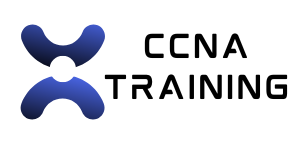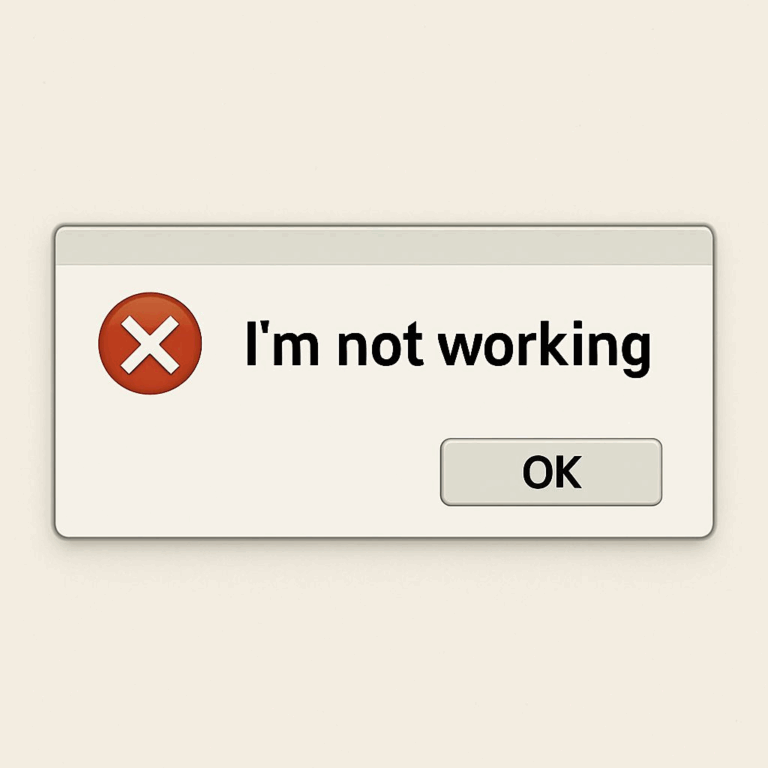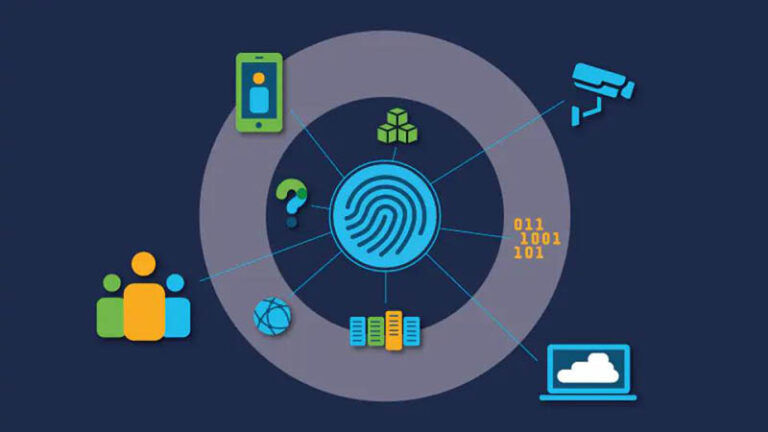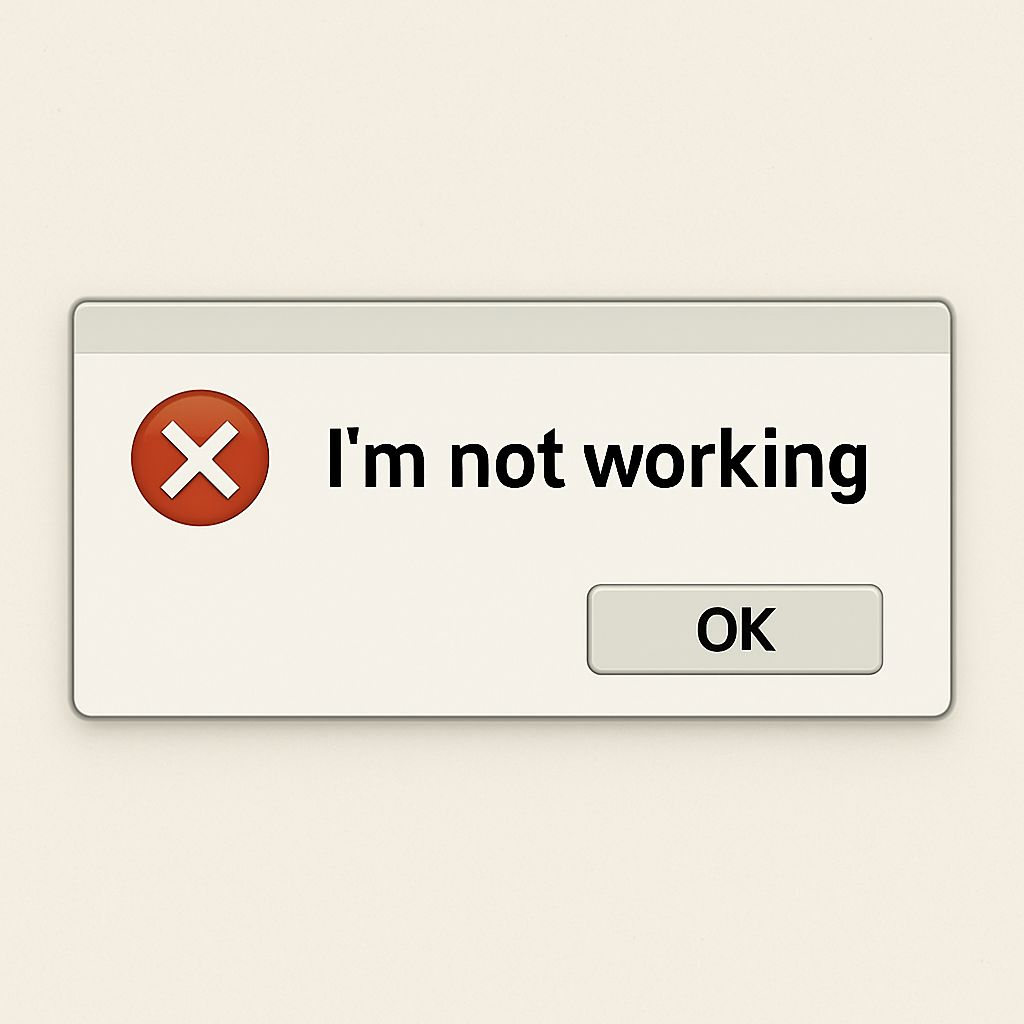The Cisco Certified Network Associate (CCNA) remains one of the most popular entry-level networking certifications in the IT industry. It’s well-known for validating foundational knowledge in networking, including IP addressing, routing and switching, network security, and more. But along with its popularity comes a range of rumors, myths, and misinformation that confuse aspiring IT professionals.
In this article, we’ll break down the most common CCNA rumors, analyze their origins, and separate fact from fiction.
1. Rumor: The CCNA is Being Retired
Verdict: False
This is one of the most persistent rumors. Many posts across forums and social media platforms claim that the CCNA is going away or being replaced.
The truth? Cisco has restructured its certification program several times, most notably in 2020, when it consolidated multiple CCNA tracks (like CCNA Security, CCNA Wireless, etc.) into a single, comprehensive CCNA. Since then, some people have misunderstood these changes as Cisco “removing” the CCNA.
As of 2025, the CCNA is still active and is considered the entry-level certification in Cisco’s lineup. There are no confirmed plans to retire it, and Cisco continues to update its exam objectives periodically to reflect industry changes.
2. Rumor: The New CCNA is Too Hard for Beginners
Verdict: Partially True
This rumor has some basis in reality. The current CCNA (exam code 200-301) is broader in scope than its predecessors. It now includes topics from formerly separate certifications (like security, wireless, and automation), which makes the exam more challenging than the older track-specific CCNAs.
However, it’s still an associate-level certification. Cisco designed it for professionals with a basic understanding of networking. Beginners may struggle if they jump in without preparation, but with the right study materials and hands-on practice, it’s completely achievable—even for those new to the field.
3. Rumor: You Need a Degree to Get CCNA Certified
Verdict: False
You do not need a college degree to become CCNA certified. Cisco has no formal prerequisites for taking the CCNA exam. Anyone can register and attempt the 200-301 exam, regardless of their educational background.
That said, employers may prefer candidates who hold both a CCNA and some kind of formal education. But from a certification standpoint, Cisco only requires that you pay for and pass the exam.
4. Rumor: CCNA Isn’t Worth It Anymore
Verdict: False (but depends on your goals)
With the rise of cloud networking, cybersecurity, and software-defined infrastructure, some people believe the CCNA is no longer relevant. This is especially common in forums where cloud-focused certifications like AWS or Azure are trendy.
However, networking is still the backbone of all IT infrastructure, and the CCNA still offers tremendous value for:
-
Network engineers
-
IT support specialists
-
Systems administrators
-
Cybersecurity professionals (as a foundational stepping stone)
For someone entering the world of IT, CCNA remains a great way to learn core networking concepts and boost employability. It’s also a solid prerequisite for more advanced Cisco certifications like CCNP or specialty certs in security and automation.
5. Rumor: You Need Expensive Lab Equipment to Study
Verdict: False
While physical routers and switches used to be essential for CCNA prep, times have changed. Now you can build full virtual labs using:
-
Cisco Packet Tracer (free for Cisco Networking Academy students)
-
GNS3
-
EVE-NG
-
Boson NetSim (premium simulator)
-
Cisco Modeling Labs (CML)
Virtual labs let you practice routing, switching, subnetting, VLANs, and more—without spending hundreds or thousands of dollars on hardware.
6. Rumor: You Must Take a Course from Cisco to Get Certified
Verdict: False
Cisco offers official courses (like the “Implementing and Administering Cisco Solutions” training), but you don’t need to take any course to sit for the exam.
There are many independent resources available, including:
-
Self-paced video courses (on Udemy, Pluralsight, etc.)
-
Study guides (like Wendell Odom’s CCNA books)
-
Free YouTube series
-
Community-led Discord groups or Reddit forums
If you’re motivated and disciplined, you can pass the CCNA with self-study alone.
7. Rumor: CCNA is Only Useful for Cisco Devices
Verdict: Mostly False
Yes, the CCNA focuses on Cisco equipment. However, the underlying networking concepts—such as OSI model, subnetting, TCP/IP, routing protocols, VLANs, and access control—apply across all vendors.
Understanding how networks function at a protocol level prepares you to work with gear from Juniper, Aruba, HP, Fortinet, and even cloud platforms like AWS and Azure.
In fact, many cloud certifications assume you already understand networking fundamentals—so CCNA gives you a leg up.
8. Rumor: The Exam Dumps Guarantee a Pass
Verdict: Dangerous and False
There are many shady websites and individuals promising “exam dumps” that guarantee a pass. Not only are these illegal and a violation of Cisco’s exam policy, but many of them are inaccurate, outdated, or outright scams.
Using dumps can get your Cisco certification revoked, and you could be banned from retaking any Cisco exams. It’s not worth the risk—especially when there are so many legitimate study resources available.
9. Rumor: CCNA Alone Will Land You a Six-Figure Job
Verdict: Misleading
Earning your CCNA is a great accomplishment and a valuable credential. However, it’s not a magic ticket to a high-paying role.
Most entry-level network jobs (like helpdesk, NOC technician, or junior network engineer) pay $45k–$70k in the U.S., depending on location and experience.
To break into six-figure roles, you’ll likely need:
-
Additional certifications (e.g., CCNP, cloud, security)
-
3–5+ years of experience
-
Specialized skills or leadership responsibilities
That said, the CCNA can be a gateway to that path, especially if you continue building your skills and credentials.
10. Rumor: The CCNA Exam Is All Multiple Choice
Verdict: False
The CCNA exam uses a mix of question types, including:
-
Multiple choice (single/multiple answers)
-
Drag-and-drop
-
Simulation questions
-
Testlets (scenarios with multiple questions)
-
Simlets (interactive network topologies)
To succeed, you’ll need more than memorization—you must understand how to apply concepts in real-world scenarios, especially for configuration and troubleshooting.
















